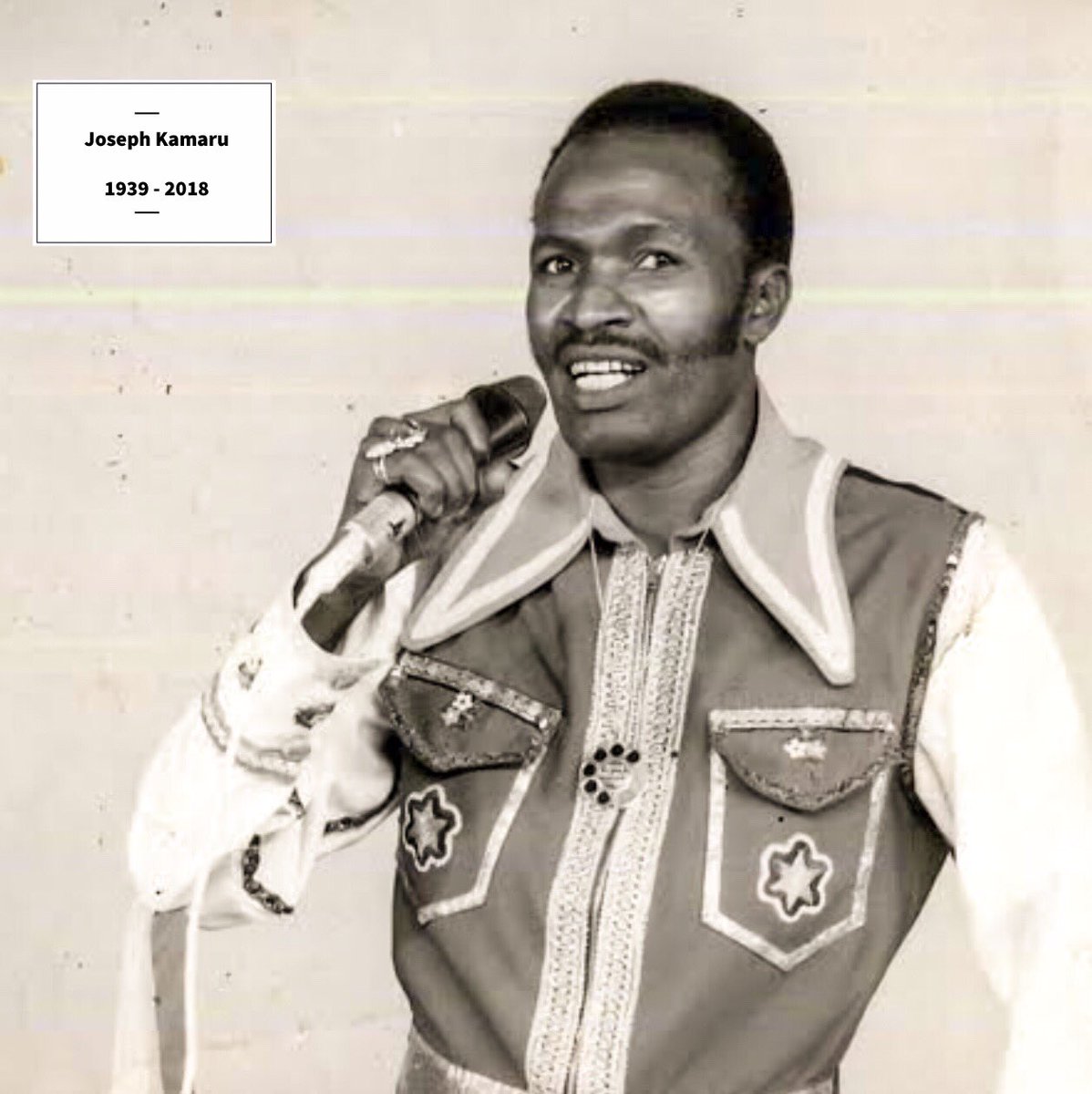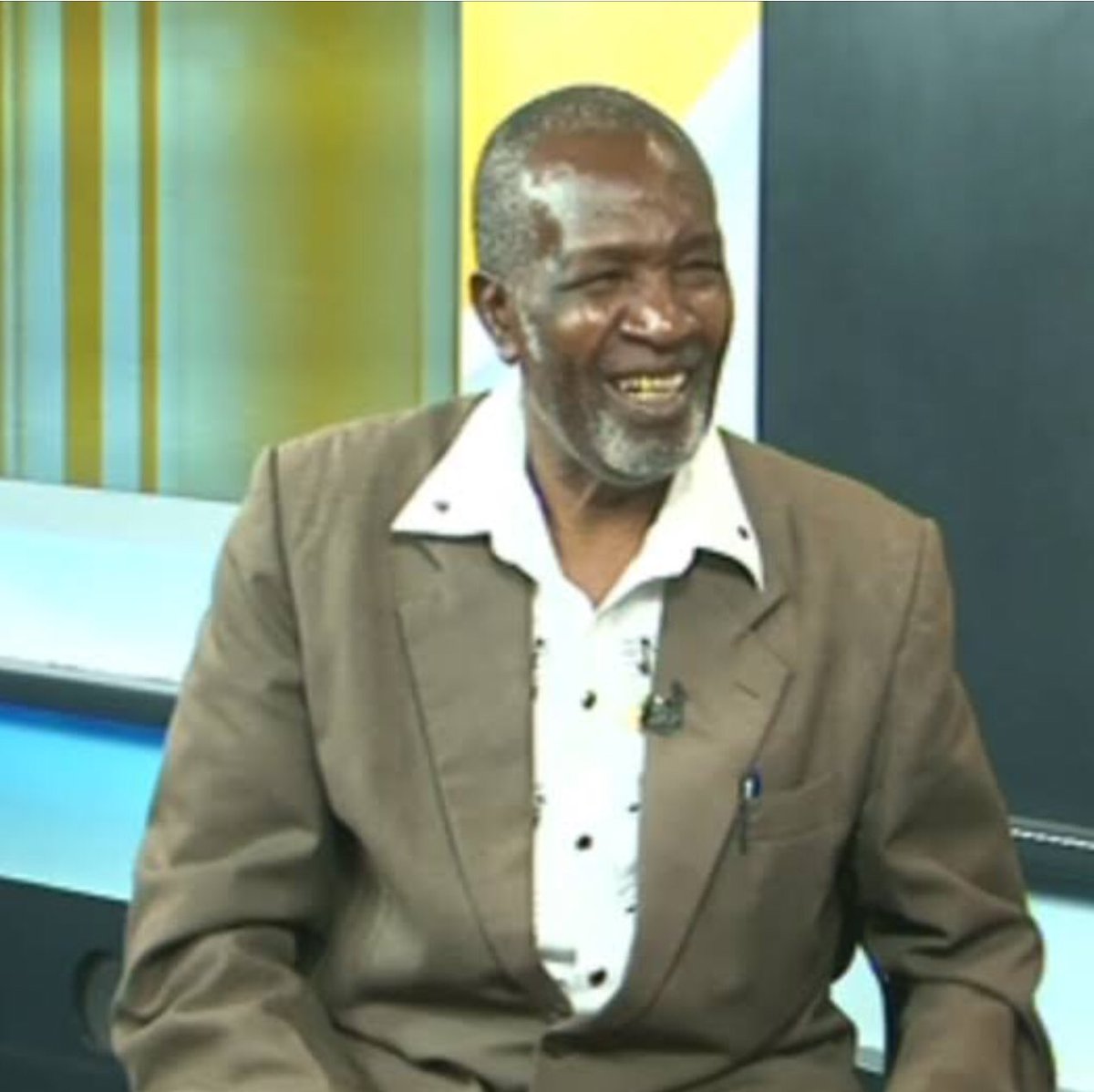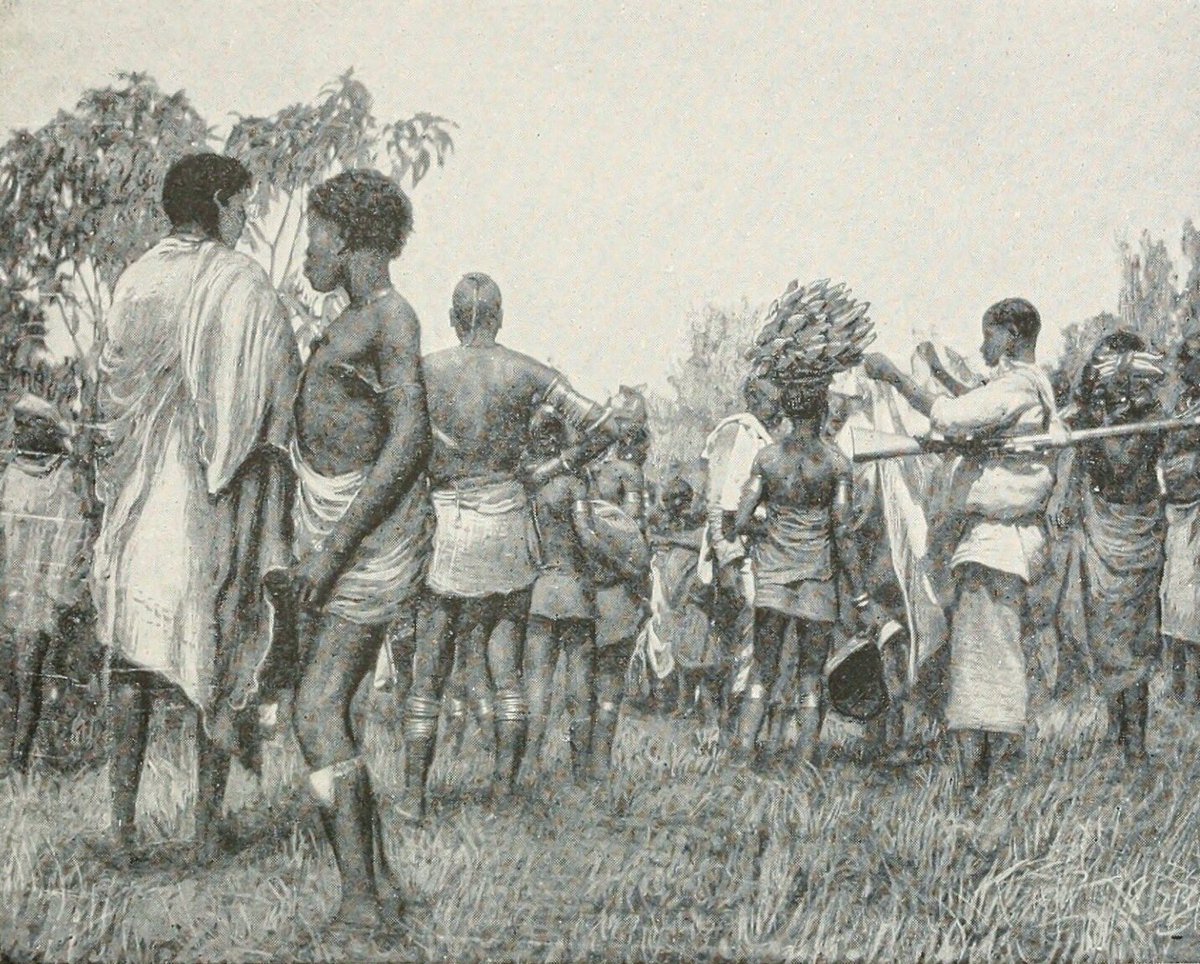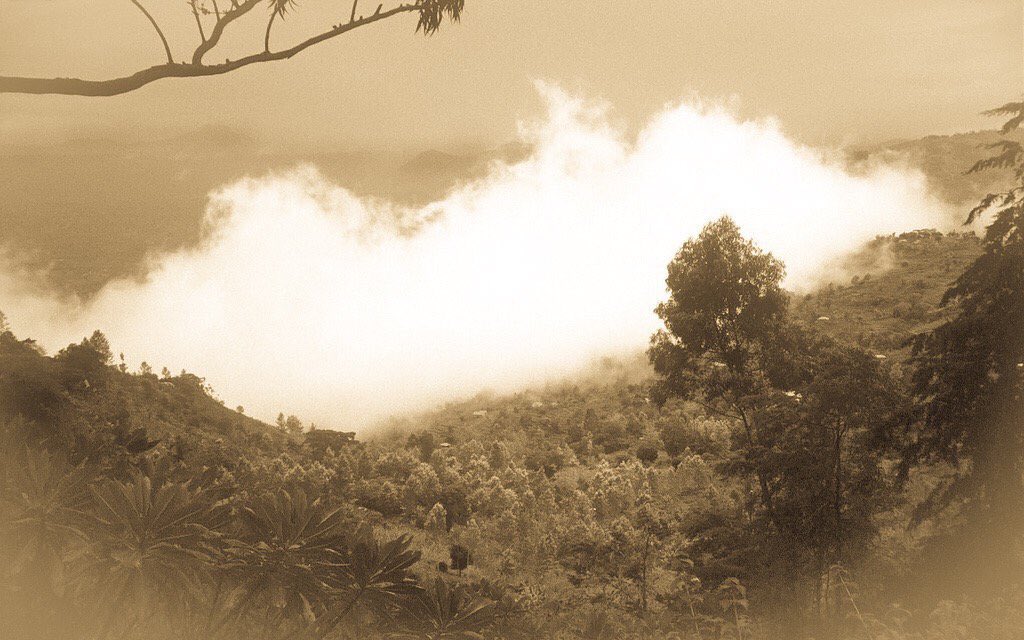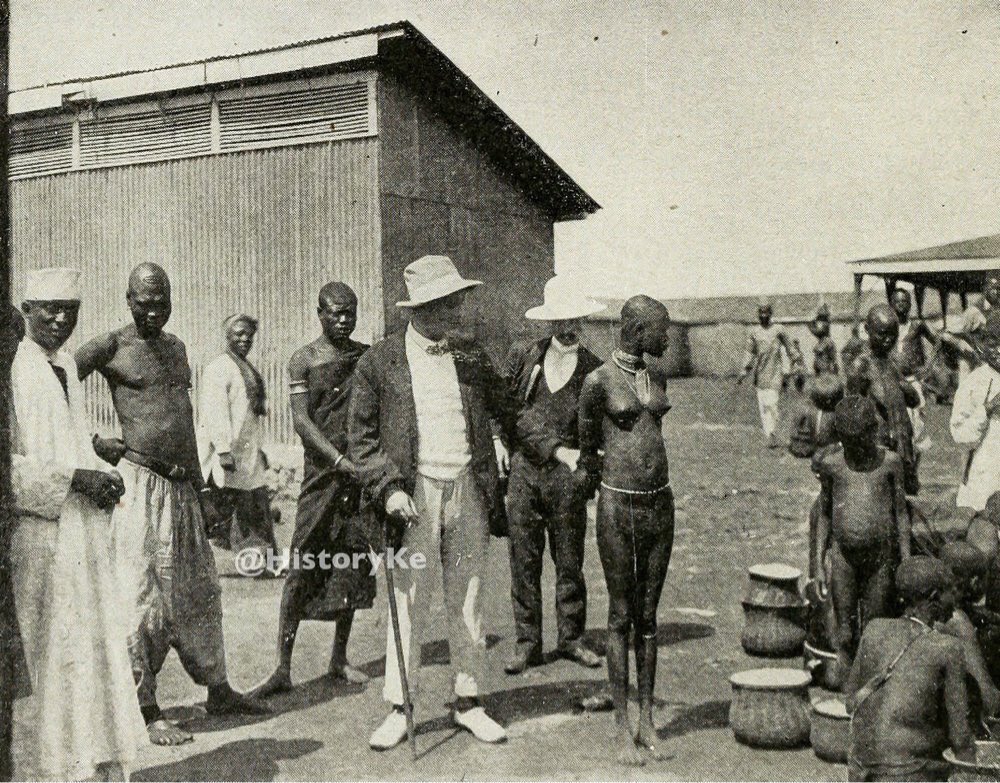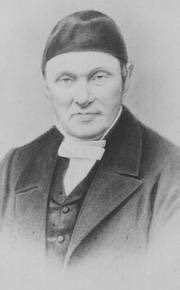1/16 #HistoryKeThread: At the height of a land dispute between native Africans and the Europeans in central Kenya, the British Government in 1935 set up the Kenya Land Commission under Sir Morris Carter. 
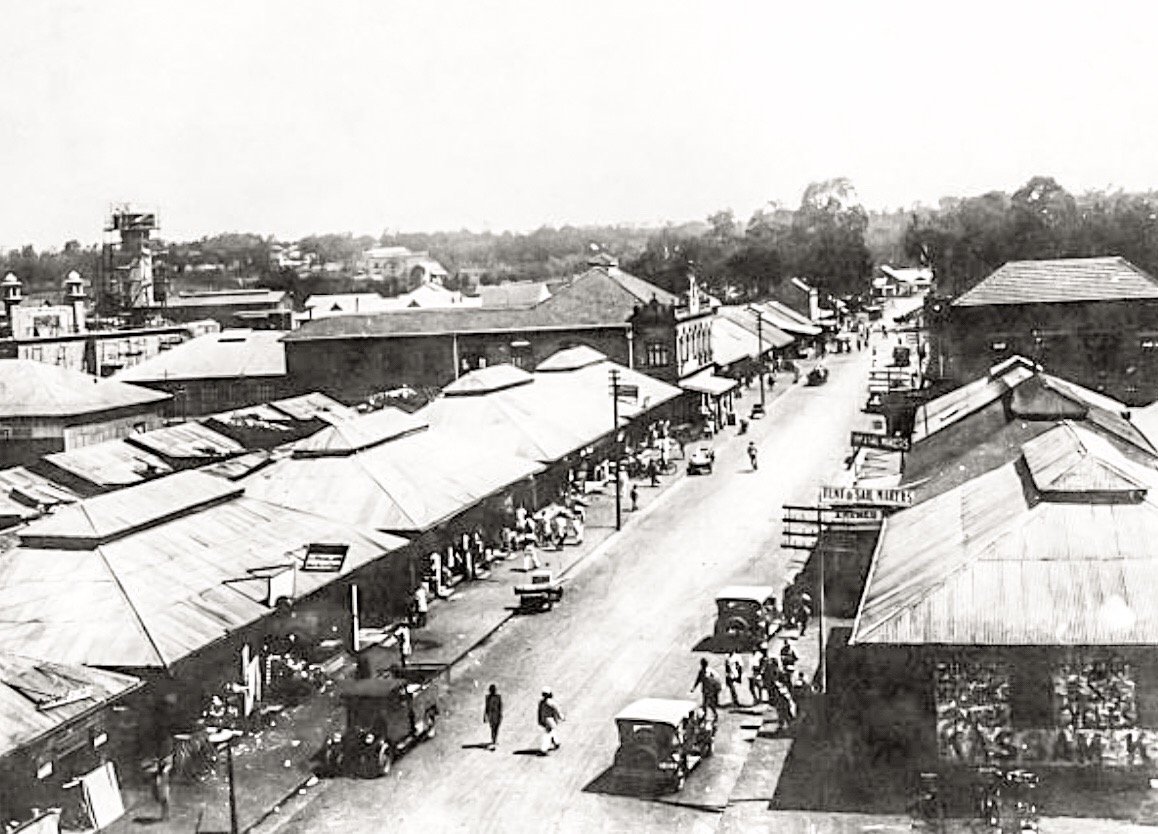
2/16 The mandate of the Commission was to examine the boundary disputes between black and white farmers and determine once and for all who owned which land.
3/16 Though other African tribes also lived around the highlands, the Commission’s main task was to find a way of appeasing the Agîkûyû without provoking open rebellion from white settlers. To this end, hundreds of different land claims were considered.
4/16 Some were genuine, some openly fraudulent. All in all, the Commission concluded that during the early years of white immigration, an injustice was indeed done to the Agïküyü.
5/16 Because of drought, famine, rinderpest and smallpox, roughly a hundred square miles in the vicinity of Nairobi, normally used by the tribe, had been lying vacant at the time the British marched through it. 

6/16 To put matters right, therefore, the Commission decided to award the Agîkûyû more than a hundred miles of land close to the forest.
7/16 It was hoped that justice, finally, had been done at last.
8/16 However, neither the locals nor the whites were happy with the verdict. While the settlers considered the land award too much, the Agîkûyû felt shortchanged. 

9/16 One of the Agîkûyû elders who added their voice to the land debate was Louis Seymour Bazett Leakey (pictured). Although white, and a son of missionary parents, Louis was a member of the Mûkanda age set, to which many future Mau Mau leaders belonged. 

10/16 He had been brought up as a child of the tribe and spoke the language so well that he often found himself thinking in gîkûyû. There wasn't a single European who spoke better gîkûyû.
12/16 “To the white man bushland, as distinct from cultivated land and grassland, appeared to be unutilised land and many a settler who took up areas in the Kikuyu country in the early days holds firmly to the view that the land which he took over was...
13/16 ...unoccupied and unused, because it was virgin bush.
14/16 But to the African, virgin bush is the ideal pasturage for goats and sheep, and Kikuyu bushland was as much in use and occupation as are the great grassland farms of the European stock owners today....”
15/16 Interestingly, the foregoing reasons are till today the reason why there exists in Kenya inter-tribal feuds over land.
16/16 Louis Leakey is the father of Paleontologist Richard Leakey. He is seen in this old photo with his wife Mary Leakey, digging at Olduvai Gorge in Tanzania. 
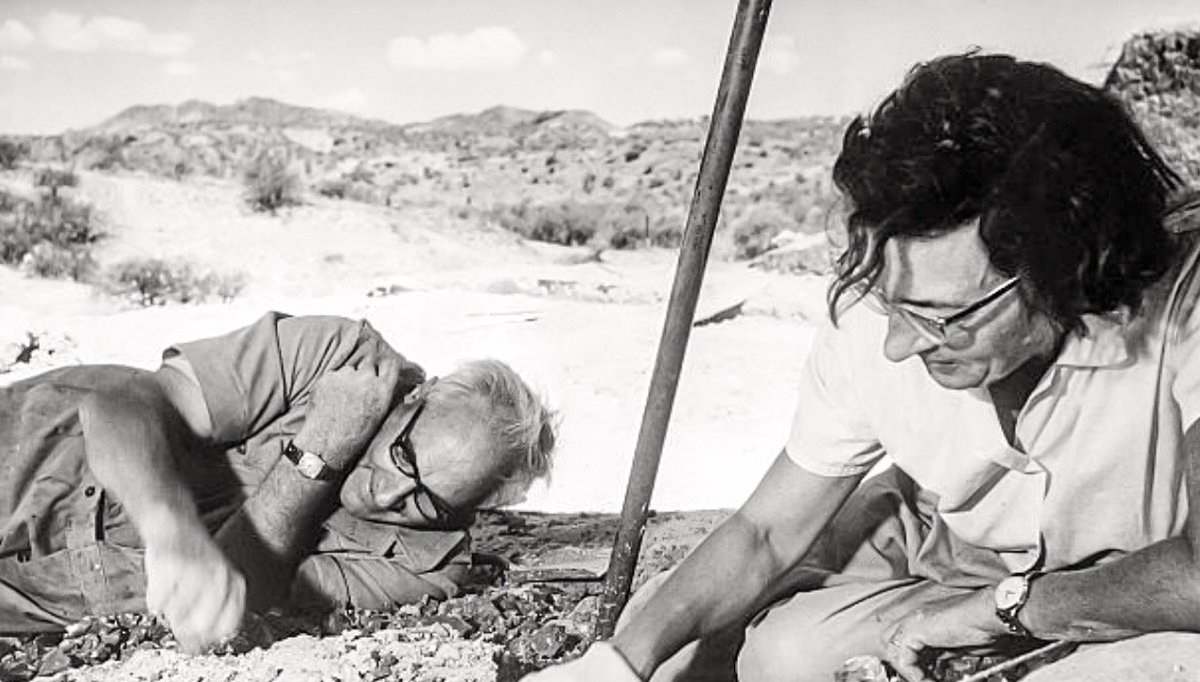
• • •
Missing some Tweet in this thread? You can try to
force a refresh



